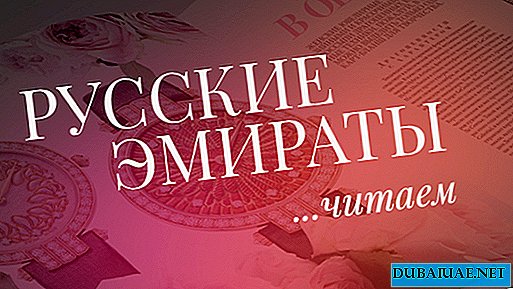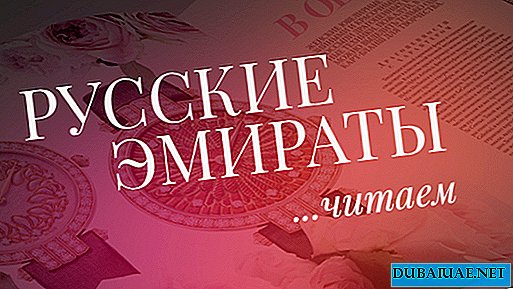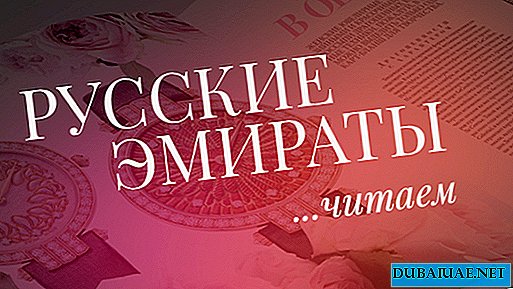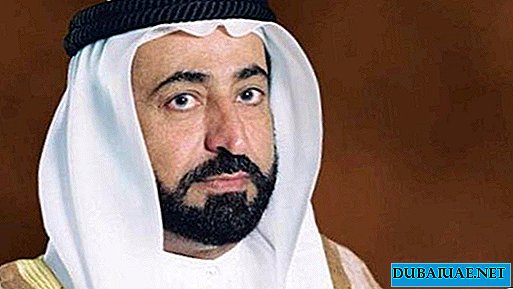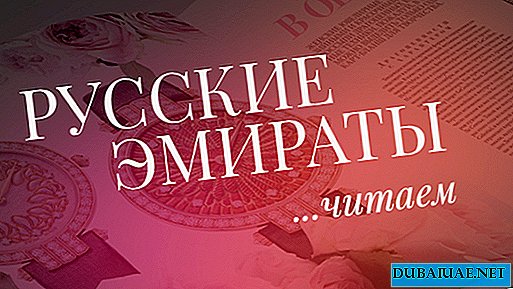 An exclusive interview with the President of the Republic of Kazakhstan Nursultan Nazarbayev to the Russian Emirates Publishing House.
An exclusive interview with the President of the Republic of Kazakhstan Nursultan Nazarbayev to the Russian Emirates Publishing House.
Dear Nursultan Abishevich, before the start of the interview I would like to thank you for the opportunity to meet with you and ask a few questions.
Answering the questions of the local press, you touched on the topic of the global economic crisis in sufficient detail. In this regard, I would like to ask to what extent the crisis has affected Kazakhstan? What anti-crisis measures are undertaken by the leadership of Kazakhstan? What is being done to ensure that the negative consequences of the crisis affect the wallets of citizens of Kazakhstan as little as possible?
Firstly, the crisis has affected all countries. This is a global crisis, and Kazakhstan, as part of the global economy, could not avoid it. Before that, there were also global crises, for example, the crisis of the 30s. Then, however, the Soviet Union did not affect this crisis, primarily because the USSR was not so integrated into the world economy. Today the situation is completely different. I have repeatedly spoken about the main reason for the current crisis lately - this is the dollar, which claims to be the world currency. But today it is already clear that he has ceased to meet the requirements of the present. And all because the dollar is an undemocratic issuer. This is a big mistake, hoping for the USA. One country prints dollars, but as a result, everyone has problems. The situation is undemocratic, uncompetitive and uncontrolled. Today we are reaping the costs of such a system. I say this in order to understand that it is impossible to deal with the crisis in a single country. We need coordinated actions by all the governments of the world. First of all, a radical reorganization of the existing monetary system is needed. Yes, it is possible to create regional reserve currencies, as some offer today, with collective emission centers. But that should not be the goal. If this is limited to, the situation can only get worse. We need one global world currency through which regional currencies can work. May be under the auspices of the UN. You can’t do without it. As the president of Kazakhstan, I came up with such an initiative, and it is already clear that the idea found support in the most serious circles.
As for Kazakhstan. Crisis phenomena reached us earlier than to a number of other countries, back in 2007. This gave us a chance to start implementing anti-crisis programs even before the crisis took on a global scale. Already then it became clear that what is happening in the global banking system resembles a pyramid. And even then, for example, we adopted a law that henceforth will not allow doing the same in Kazakhstan.
Further - some people reproached us for clamping money and not spending it. But today, thanks to our actions, Kazakhstan has a safety cushion, a special fund. This is the National Fund, a piggy bank, which received excess profit from oil. We thought about this one of the first in the post-Soviet space, back in 1992, and created a fund in 2000. In Russia, there is also such a fund. And therefore, the situation in Russia and Kazakhstan is better today than most of the neighbors. Today we have a source of financing for problem sectors of the economy. Money was needed to support small and medium-sized businesses — they received it. There were problems with housing, with a mortgage - they gave. For agriculture - they gave. This has greatly reduced the impact of negative factors. In 2009 and 2010, we will increase pensions and social benefits by 25-30 percent, and we will increase government benefits by about 10 percent annually.
So, I have no doubt that by joint efforts, both in the international arena and within Kazakhstan, we can cope with the crisis, Kazakhstanis can be confident in the future.
Nursultan Abishevich, you began your labor and political career in Temirtau, at the Karaganda Metallurgical Combine. At the same plant, I worked for 12 years. I’ll ask a question that interests me personally - will this company have a second life, has the crisis changed the plans of investors? And the second question - what is happening today with industry in Kazakhstan, what is the general investment climate?
From Temirtau? Countrymen, then. Therefore, you should know that in Temirtau they built and already launched a rolling mill. A line for continuous casting of steel has been launched. This, of course, is not enough, and at the moment we have reached an agreement that a new metallurgy will be built next to the old one factory. This will increase production from the current 5.5 million tons to 10 million tons of rolled steel per year. And while the investor does not abandon his plans.
factory. This will increase production from the current 5.5 million tons to 10 million tons of rolled steel per year. And while the investor does not abandon his plans.
As for industry as a whole, here in the United Arab Emirates, I have already talked about which areas we are already developing and plan to develop further. These should be productions that will ensure deep processing of the natural resources available in Kazakhstan, namely chemistry, petrochemistry, production of petroleum products, metallurgy, mechanical engineering, and the production of equipment for the transport, oil and gas and agricultural sectors.
It’s impossible to list everything, I’ll voice some of the most interesting.
We continue a number of major investment projects in the petrochemical sector, such as, for example, the construction of a petrochemical complex in Atyrau.
In Pavlodar, the second phase of the Kazakhstan Electrolysis Plant for Aluminum Production is under construction. It is planned to produce up to 600 thousand tons of aluminum per year.
We have big plans for the extraction and processing of phosphorus ore. Kazakhstan has its own large proven reserves of this raw material, and now we are in the process of negotiations on their development and construction of facilities for further processing in order to obtain fertilizers for agriculture, including for export.
Understanding that the implementation of these projects can lead to a shortage of electricity, we are taking steps in this direction so as not to get problems in the future.
To cover the electricity shortage in the south of Kazakhstan, it is planned to build a Balkhash thermal power plant with a total capacity of 2640 megawatts - 660 megawatts for each of the four power units. The estimated cost of the project is 4.5 billion US dollars, some of which will be allocated from the national welfare fund, and some will be covered by a foreign investor, as well as by attracting loans and borrowings.
The construction of the third power unit of Ekibastuz power plant is planned. This will increase the station's capacity to 1520 megawatts. It is planned to attract financing through the European Bank for Reconstruction and Development, as well as through the Eurasian Development Bank.
In addition, the construction of the Moinak hydroelectric power station with a capacity of 300 megawatts on the Charym River in the Almaty region is in full swing.
I would like to draw attention to the beginning of the implementation of the largest infrastructure project - the “Western China - Western Europe” highway, 2,700 out of 8,400 kilometers of which will pass through Kazakhstan. The project cost is 7.5 billion US dollars. To participate in this project we plan to attract the Asian Development Bank and the European Bank for Reconstruction and Development, as well as a number of large financial institutions, in particular, the Islamic Development Bank.
Naturally, much attention is paid to the field of energy resources. For example, it is planned to step up efforts to implement the project of the Caspian gas pipeline, 1,200 kilometers of which will pass through Kazakhstan. Negotiations on a gas pipeline to China have been completed.
Do not forget about agriculture. Today, it is not enough for us that Kazakhstan is among the first in the export of flour and grain, for example. This is good, but not enough. We are making efforts to create our own processing base in Kazakhstan - modern fattening complexes and vegetable preservation plants. We plan to send that grain, which due to its poor quality could not be used for its intended purpose, to special plants for the production of ethanol. This will be an innovation in our energy program. Another of our assets is silicon. Kazakhstan has enormous reserves of this raw material, which is used for the production of metal and polymetallic silicon, which, in turn, is used for the production of solar panels. So, in addition to traditional industries for Kazakhstan, we are developing other areas, primarily knowledge-intensive. It is planned to create special technology parks in Kazakhstan, in which companies from the field of information and high technology will work.
So, as you see, nobody forgot about industry because of the crisis, Kazakhstan is confidently moving forward, including in terms of realizing its investment potential.
Russian Emirates Publishing House expresses its sincere gratitude to Askar Musinov, Ambassador Extraordinary and Plenipotentiary of the Republic of Kazakhstan to the United Arab Emirates, and the entire embassy staff for assistance in arranging the interview


